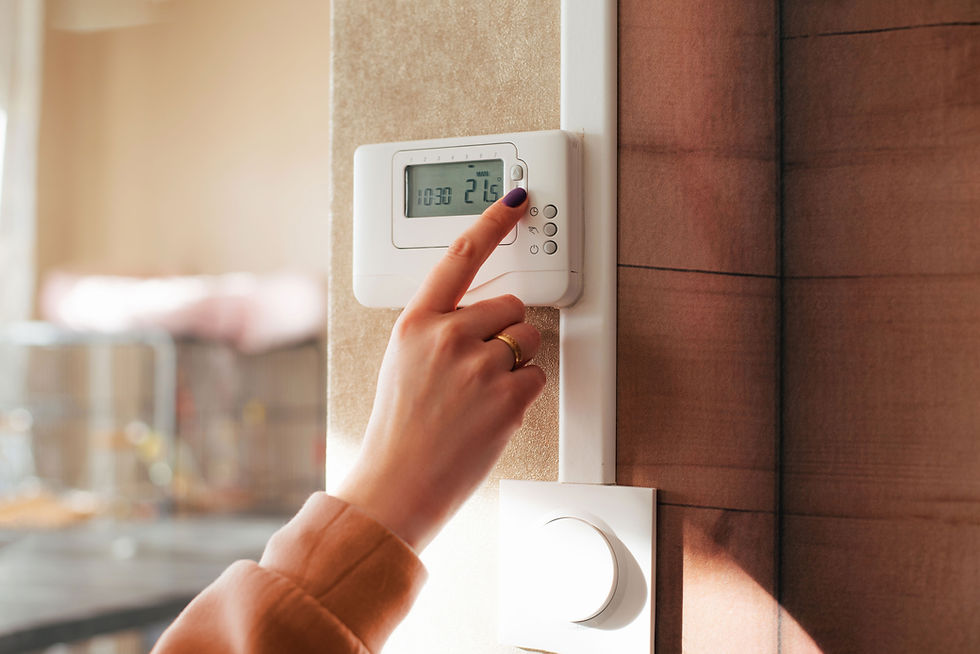How to Get a Good Night's Sleep
- Aug 17, 2020
- 2 min read
Healthy sleep is something you should expect at all walks of life. As we know very well, there are countless health benefits to getting a good night’s sleep. While there are the standard tips and tricks you hear everywhere (like no caffeine after 2 pm!), there are also some less-known tips for sleeping better that you can start incorporating in your life.

Here are some quick True and False questions to test your knowledge!
True or False? Alcohol can help you sleep.
False. Tip #1: Don’t drink alcohol close to your bedtime.
While alcohol may help you doze off into sleep, it causes you to wake up earlier, and it reduces your quality of sleep. Drinking alcohol will make you prone to wake up many times in the night. So, a drink before bed isn’t actually helping you sleep.
True or False? Snoring is annoying but is never a real problem.
False. Tip #2: Take note of your sleeping patterns, especially if you’re snoring. Ask your health care provider about your sleeping patterns if you are concerned.
If you’re sleepy during the day and you snore loudly, you could have sleep apnea (short pauses in breathing during sleep). Contact your health care provider if you are concerned. You may have to learn to sleep in a different position to open your airway.
True or False? If you’re in bed and you’ve been wide awake for 20 minutes and still not tired, you should get out of bed.
True! Tip #3: Train your brain to associate your bed with sleep.
If you stay in your bed wide awake, you’re training your brain to associate wakefulness (and frustration) with your bed. Instead, it is recommended that if you are still not tired after 20 minutes, you should get out of bed. Sit in a dark/a dimly lit area and do something soothing to wind down until you feel tired. You can meditate, listen to calming music, do a repetitive task like knitting, or do some gentle stretches. When you start to feel sleepy again, you can head back to bed.
Another way to break the association between your bed and wakefulness is to limit activities in your bed that aren’t sleeping. Try to avoid reading, eating, or watching TV in bed so you can strengthen the association between sleep and your bed.
Tip #4: Journal to clear your head and lighten your mood before sleeping.
Tip #5: Have a bed-time routine.
What helps me fall asleep quickly each night is keeping a journal next to my bed. Not only is it good to establish a bed-time routine to get your brain/body prepared for bed, but it also helps you clear your mind so you can get a good night's sleep.
Every night, I like to write something I’m grateful for or something I’m looking forward to. It takes almost no time because it can be something very simple-- I often repeat my answers because it's good to appreciate the things I take for granted.
You can also write down nervous thoughts and reframe them into a positive light. Or, you can use it to clear your mind and write down something you don’t want to forget! Just writing something down before going to bed is very helpful to unwind—even if it is one sentence!




Comments